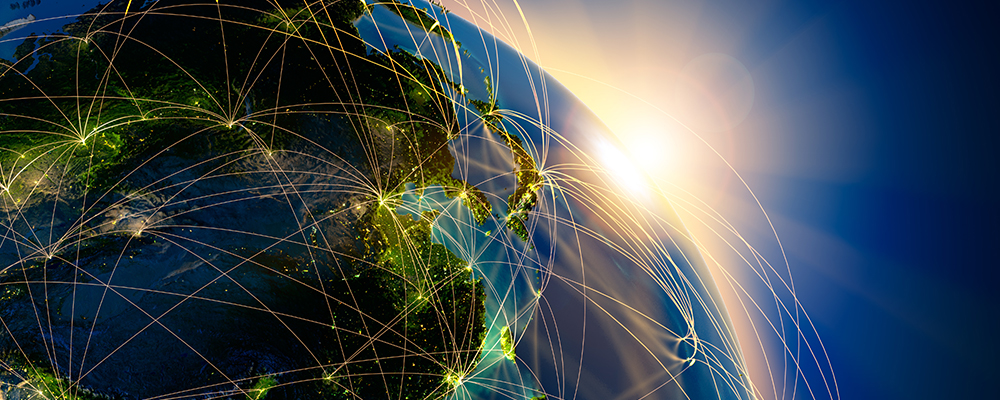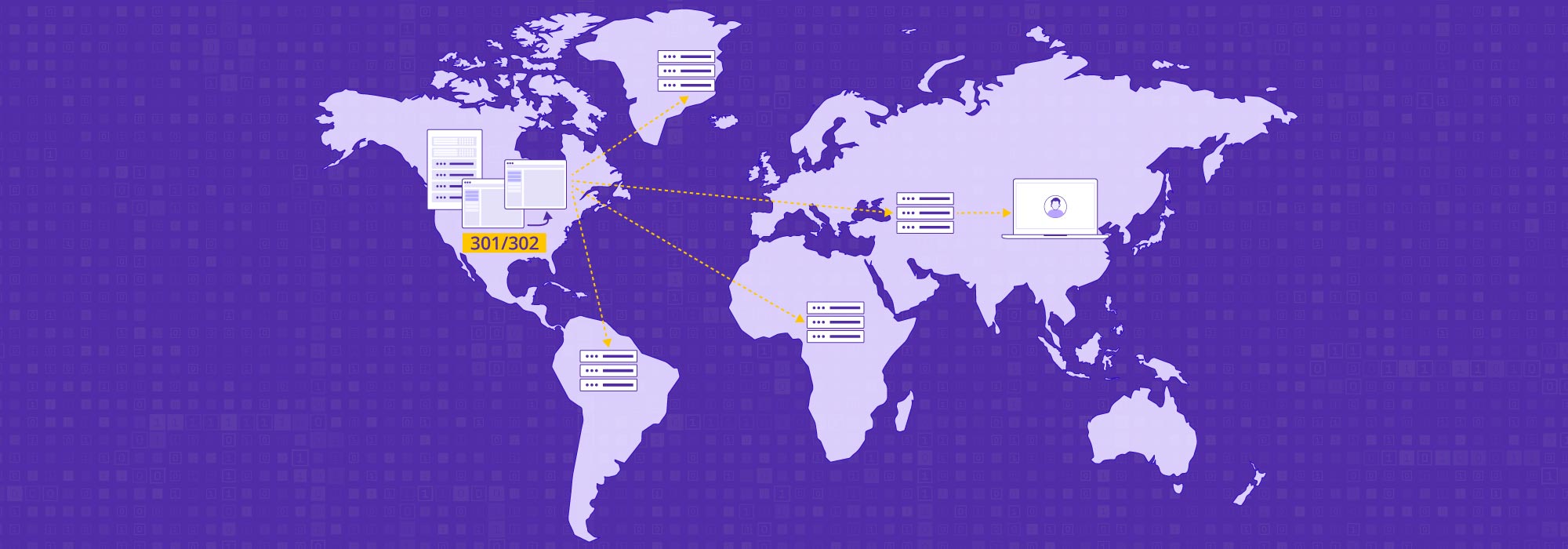There are a number of reasons why DDoS attacks are a popular way to target websites and take them offline and because of this CDN security is crucial.
The main reason why these attacks are so popular is that no hacking expertise is required, which makes them a simple form for cyber-attack. A botnet can be hired cheaply and used to direct a massive amount of traffic at a website, dramatically slowing load times, or making it inaccessible to the end-user altogether.
It, therefore, comes as no surprise that the number and impact of DDoS attacks are growing, with the most destructive of these seeing attack traffic reach heights of over 1TB. Now, more than ever, businesses need to optimize their security strategy to combat these risks, this includes investing in and enhancing CDN services and data centers to safeguard against attacks and, above all, stay online.
In this guide we will review:
- Improving web security with a content delivery network
- CDN servers: An unexpected source for DDoS protection
- How not all CDNs are created equal
- How to enhance content delivery network security
Improving Web Security with a Content Delivery Network
Any business, regardless of industry, should be as prepared as possible – even if they are in an industry that isn’t typically a target for DDoS or denial of service attacks. Our latest research shows that enterprises in the gambling sector are most likely to have experienced more attacks than any other industry in the last quarter – 2.7x more attacks than in the same period from the previous year.
But even though the gambling sector is at high risk of DDoS attacks, any business that has an online presence can become a victim. These attacks not only cost a company thousands of pounds to put right, but they can leave cracks in a company’s reputation and distrust among customers that may never be recovered from. An example of this would be within the e-commerce sector where a website experience connectivity issues at a busy time of year can have a negative experience on user experience for users who can easily choose to visit competitor websites known for high performance.
CDN Servers: An Unexpected Source for DDoS Protection
It may not be immediately obvious, but IT departments may already harbor the tools and platforms they need to mitigate DDoS attacks. A Content Delivery Network (CDN), which is typically associated with improving web performance, can in fact help companies keep their websites safe.
A lot of CDN providers have opted to add a DDoS protection to their solutions. CDNs are built to analyse and absorb unusual traffic spikes, these can either be the good kinds like the sort that can appear from marketing promotions and the request will be served or can be identified as bad if malicious IP addresses on a deny/blacklist are pinpointed, these can be sent into a black hole, that is specific scrubbing nodes, and protect the website from a DDoS attack before any damage is done.
However, not every CDN is equipped with the functionality to protect against DDoS attacks. Some CDNs have claimed to offer DDoS protection, when in reality, they rely on their infrastructure to scale and increase the capacity of servers with points of presence (PoPs) placed around the world. This uses sheer size rather than real-time intelligence to absorb attacks without blocking access to web content and applications.
While this will help against low-level DDoS attacks, it won’t be enough for the majority of others.
Not all CDNs are created equal
As the first port of call, a CDN that combines security with the performance of a cloud-based infrastructure can keep a business’ website and web applications secure from hackers and cyber-attacks.
So, what does a CDN need to mitigate against DDoS attacks and threats to your DNS environment?
- A CDN with specialist DDoS expertise and tools can cope with sudden increases in traffic, maintain fast load times for users even during peak times, and shield web pages or web applications from a variety of attacks. This technology can include special PoPs designed to absorb only DDoS traffic, inspection and cleansing of traffic, as well as proactive monitoring tools for attempted attacks.
- Did you know the right CDN will also provide a Web Application Firewall (WAF) that will protect a website as well as online apps from a certain type of DDoS attack?There are different types of DDoS attack – layer 3, that impacts the network; layer 4 that impacts transport and the delivery of data; and layer 7 that impacts the application and in turn, the end user. But only a WAF can protect against layer 7 DDoS attacks. Furthermore, DDoS attacks can be a smoke-screen for hacking attempts, and if used as a distraction for an SQL injection for example, then a WAF will also keep you protected against this too.
How to Enhance Content Delivery Network Security
- Choose a CDN provider you can trust – As we’ve described in this guide, not all content delivery networks offer the same level of security. When researching a CDN solution for your business be prepared to ask important questions related to caching, particularly related to the location of their PoPs and the rate of caching they allow.
- Ensure your CDN is compatible with your website’s SSL certificate – Just because you have a CDN in place does not mean you neglect the security of your website by letting your SSL certificate expire. HTTPs means a user’s web browser can securely connect with the server, without HTTPs vulnerabilities can arise. Ensuring your SSL certificate is compatible with your CDN adds another layer of cybersecurity optimization from the origin server right through to your CDN servers.
- Consider other aspects besides security – In a guide focused on the importance of CDN security this step may sound counterintuitive but when choosing a CDN provider it’s paramount you consider other factors as well. You could have the most secure CDN in the world but if you begin to see high latency and slower delivery of content this is going to result in a negative web experience for users.
Choosing the best-equipped content delivery network can provide a solution to minimize and prevent the damage caused by a DDoS attack.
A CDN with specialist DDoS expertise can offer a business years of experience, and the right technology, to monitor its website, mitigate an attack, and respond fast if one occurs.
At CDNetworks, our team of deeply experienced network engineers continuously improve our systems and CDN security to protect our customers from increasingly sophisticated and large attacks.
Contact us and learn more about how CDNetworks can protect your business from cyber-attacks.


